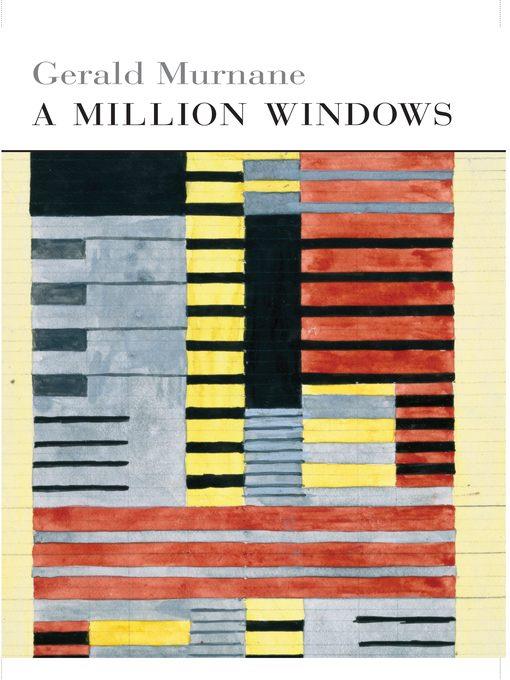
A Million Windows
کتاب های مرتبط
- اطلاعات
- نقد و بررسی
- دیدگاه کاربران
نقد و بررسی

July 11, 2016
Part memoir and part manifesto, Australian writer Murnane's series of fictional and essayistic experiments requires careful consideration and study. The premise of the book extends from the Henry James epigraph that opens it: "The house of fiction has in short not one window, but a million." Murnane walks readers through several of his distinctive touchstones of writing, and he illustrates his arguments with multiple vignettes and fictional scenarios. Murnane is brooding and deeply serious about his subject matter. He ruminates on the effects of memory by writing variations of a story in which a man sees a young girl on a train. The encounter opens a door of possibility, and Murnane wants the reader to realize that this story could ultimately be written "in any of a million ways." He often writes in lengthy, spiraling sentences and is prone to making broad pronouncements such as "One of the many devices employed by writers of fiction is the use of the present tense." Murnane frequently contrasts the abilities of fiction with those of filmâto the detriment of film. Murnane is a master of breathing life into fiction, and his compilation of ideas on the subject holds immense value because those ideas are often so idiosyncratic and contrarian.

May 1, 2016
Acclaimed in Australia, Murnane is too little known in the States. His eleventh novel has postmodern trappings: unnamed characters and nearly no story, while the structure is intricate and the prose is precise, self-referential, allusive, essayistic, and abstract. Difficult to say what the subject of this beautiful and strange tale might be, but here's a clue: to understand how the so-called actual and the so-called possiblewhat he did and what he only dreamed of doingcome finally to be indistinguishable in the sort of text we call true fiction. He opposes Coleridge's platitude that fiction demands the willing suspension of disbelief, and draws his title from a remark by Henry James. Murnane argues that true fiction is more worthy of trust than what he calls the visible world, and that the discerning reader can and should accept as truth what takes place in the narrative dimension more than what she observes in life. This may sound preposterous, but the proof is in the reading of this astonishing feat by a writer of profound conviction.(Reprinted with permission of Booklist, copyright 2016, American Library Association.)

























دیدگاه کاربران